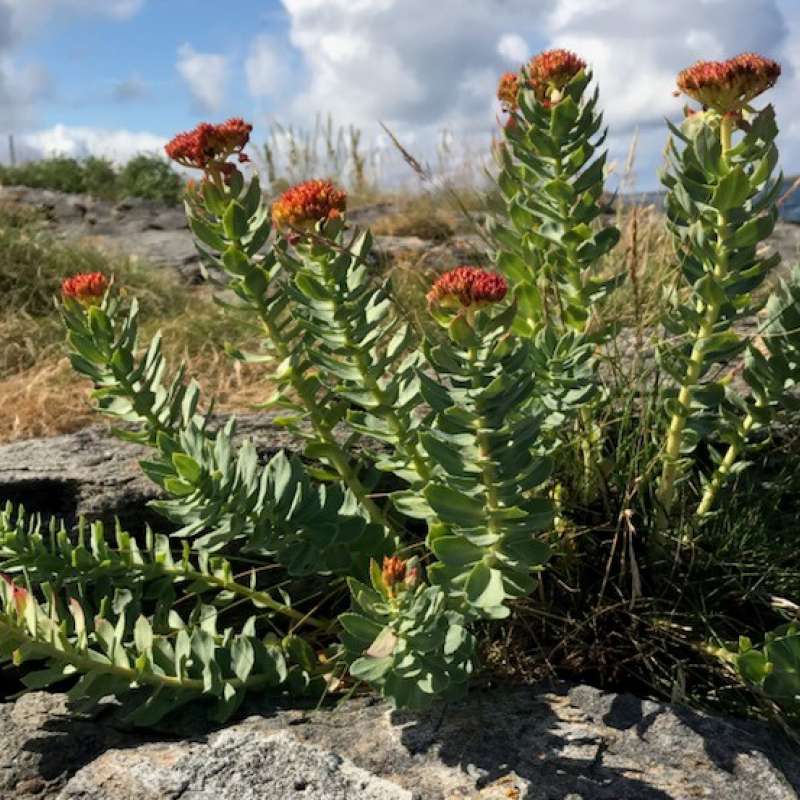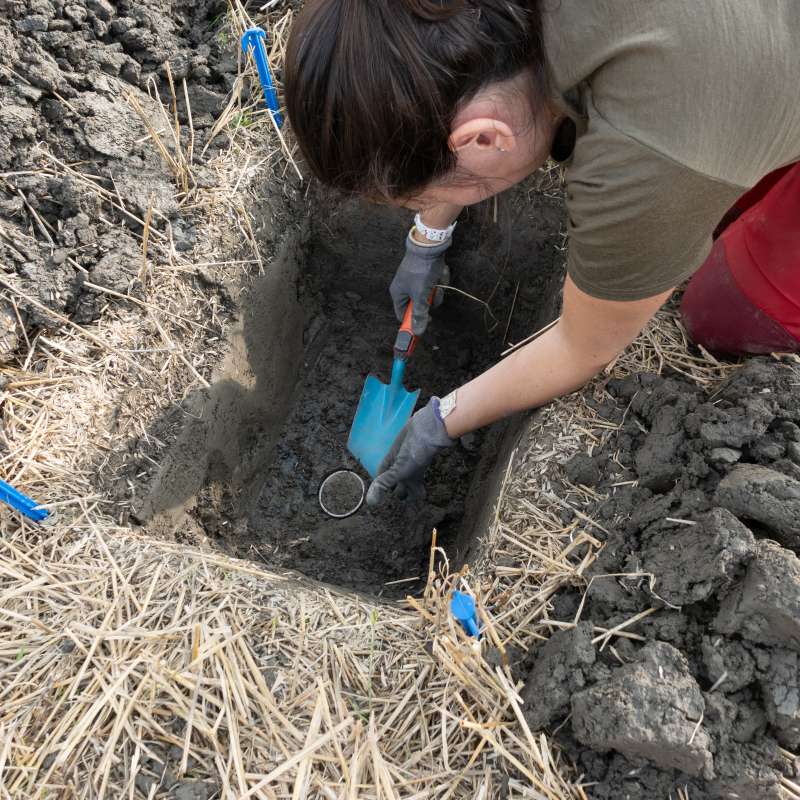
Division of Forest and Forest Resources
ReinGrass
ReinGrass is a pilot project that aims to develop locally and sustainably produced grass pellets as supplementary winter feed for reindeer during climate change induced herd starvation events. The planned activities will provide the necessary pilot data to apply for larger funding. ReinGrass can



